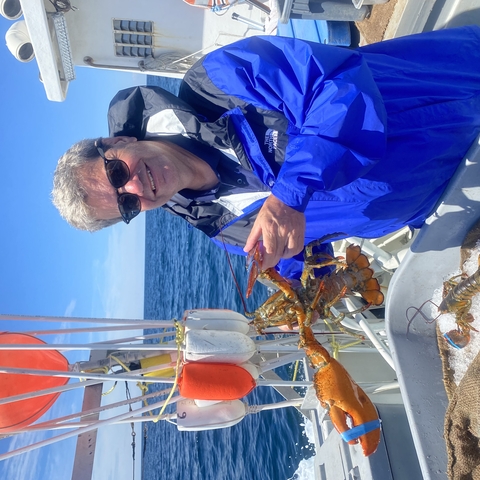Bio
Dr. Dave Secor and his group study marine fish migration ― research questions that are responsive to fisheries stewardship, threatened species, ecosystem management, and offshore wind development. This research occurs at large regional scales and employs pioneering approaches in animal biotelemetry and hard-part chemistry. Much of their work engages commercial and recreational fishers. In 2010, the University System of Maryland conferred the Regents Award for contributions to international Atlantic bluefin tuna science and management. In 2015, Johns Hopkins published his book Migration Ecology of Marine Fishes, the first on the topic in 50 years. Dr. Secor has participated in numerous international, national, regional, and state advisory bodies, mostly concerning fisheries stewardship, threatened species, and ecosystem management. In these roles, he has helped derive water quality standards for Chesapeake Bay fishes, successfully petitioned NOAA to designate the Nanticoke River as critical sturgeon habitat, provided key science in managing trans-boundary stocks of striped bass, bluefin tuna and Atlantic mackerel; and supplied guidance on the impacts of offshore wind development on fishery resources.
Areas of Expertise
- Migration ecology of fishes
- Telemetry and trace element techniques for determining fish movements and life histories
- Fisheries and protected species
- Offshore wind impact assessment
Education
- PhD, University of South Carolina 1990
- Japanese Education Ministry Fellow, Kagoshima University 1986
- BA, Macalester College 1983


